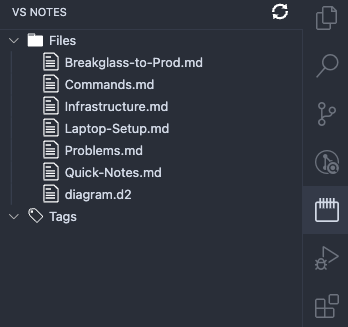I made some changes to disk partitions. Now I'm seeing an issue with mounts. It's not a big problem but it's definitely confusing me.
[alex@rog-g15dk dev]$ sudo mount /home-temp
mount: /home-temp: can't find in /etc/fstab.
[alex@rog-g15dk dev]$ cat /etc/fstab
New Partition /home-temp defaults 0 0 # /etc/fstab: static file system information.
#
# Use 'blkid' to print the universally unique identifier for a device; this may
# be used with UUID= as a more robust way to name devices that works even if
# disks are added and removed. See fstab(5).
#
#
UUID=5E74-A00E /efi vfat noatime 0 2
UUID=53a2c9bc-31dd-4e52-902f-633867253481 / ext4 noatime 0 1
tmpfs /tmp tmpfs noatime,mode=1777 0 0
/dev/nvme0n1p2 /home ext4 noatime 0 2
/dev/nvme0n1p3 /steam ext4 noatime 0 2
Can anyone explain what 'mount -a' is trying to mount?
Here's the context on the changes I made. My desktop used to run windows. I recently installed linux as well (dual boot). A bit later I destroyed the windows partitions. This left the beginning 2/3 of the disk unused.
Today I decided to reclaim that disk space. I created 2 new partitions, copied some data to them, updated fstab accordingly, rebooted, and grew the steam partition to 700GiB. That process had a couple of small bumps, including a partition that was mounted to '/home-temp'. I destroyed that partition before using it all.
So this error is definitely caused by me. That's fine. I'm just trying to understand what's going on and how to clean up the little mess.


Ok that is an impressive number but it feels a little disingenuous. You still need to something on your machine to interpret the js code, right? Is that included in the 13k? How much storage does that take?